University of California San Francisco
Give to UCSF-
-
UCSF Names Francesca Vega as Vice Chancellor for Community and Government Relations
UCSF has named Francesca Vega, a civic leader with a passion for community engagement and advocacy for public higher education, as vice chancellor for Community and Government Relations.
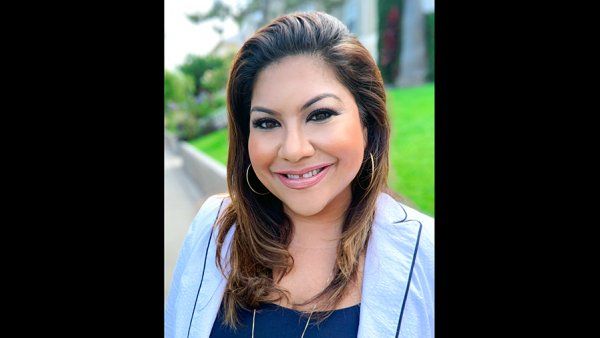
-
UCSF Names Won Ha as Vice Chancellor for Communications
UCSF has appointed Won Ha, a communications professional whose experience includes advancing nonprofit health care and climate change advocacy, as vice chancellor for Communications.
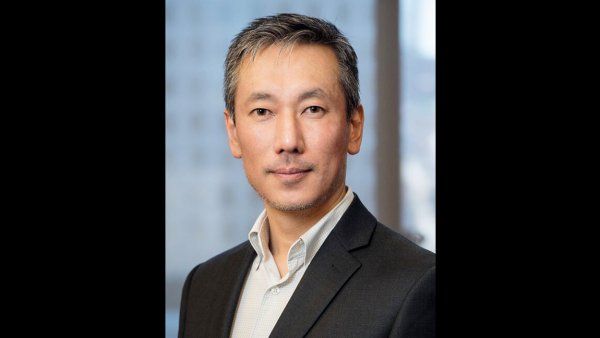
-
Rahul Desikan, Neuroscientist Who Studied Brain Diseases While Fighting His Own, Dies
It was through a cruel twist of fate that, in February 2017, Dr. Desikan was diagnosed with ALS, one of the very diseases that he studied.
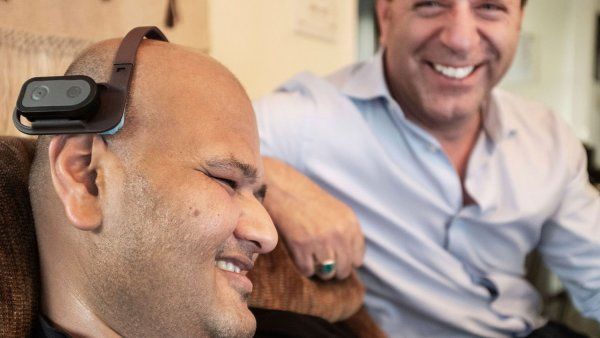
-
2019 AIDS Walk San Francisco: UCSF Community Raises Funds, Shows Support for Federal Funding
Several hundred UC San Francisco staff, faculty, students and supporters joined the annual San Francisco AIDS Walk on Sunday to raise money for local AIDS organizations as well as show their support
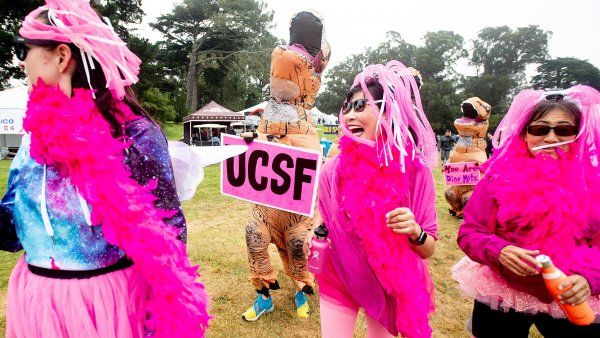
-
Death of 9-year-old Milpitas boy to common virus perplexes doctors
-
Rare disease discovery: Antibodies fighting cancer go on to attack brain
-
Chronic Kidney Disease Patients Face Continual, Significant Gaps in Care
While effective treatments exist for the more than 30 million Americans with CKD, nearly 50 percent of such patients continued to suffer from uncontrolled hypertension and 40 percent from uncontrolled diabetes.
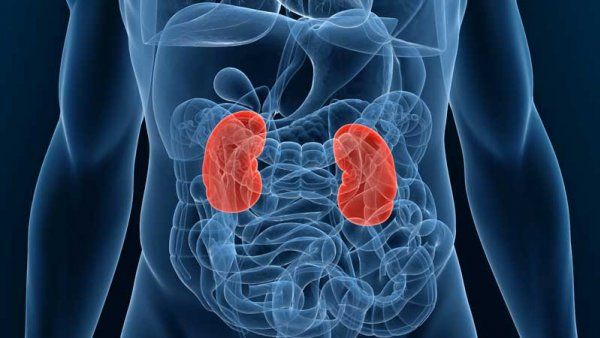
-
Bill and Susan Oberndorf give $25M to UCSF for psychiatric research
-
$25M Gift from Susan and Bill Oberndorf Supports Psychiatry, Translational Research
The Susan and Bill Oberndorf Foundation has made a new commitment of $25 million to UCSF psychiatry and the neurosciences, bringing its total giving to "UCSF: The Campaign" to $50 million.
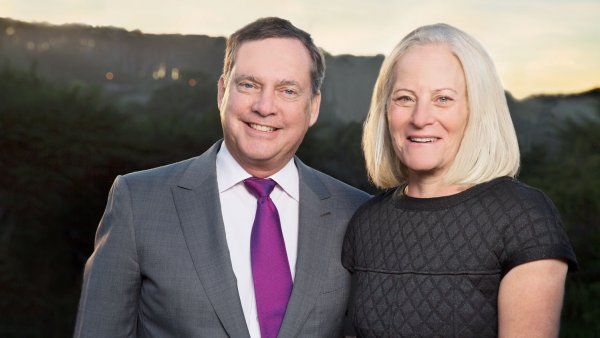
-
UC Access to Elsevier Suspended Following Impasse Over Open Access
As of July 10, the University of California's direct access to new Elsevier articles has been discontinued. Here's what's affected, and how you can get access to articles you need.

-
Some teens who exercise to build muscle might have eating disorders
-
10Q Kevin McGirr with Stan and Susan
-
Kimberly Topp, PhD, Postdoc Alum: Married to UCSF and Loving It
The former chair of Physical Therapy shares why she's married to UCSF and loving it.
-
Breakthrough: A Visionary Quest to Find a Cure for Cancer
This documentary, about “a renegade scientist’s visionary quest to find a cure for cancer,” features immunologist James Allison, PhD, a residency alumnus and a former member of the UCSF and UC Berkeley faculties. Allison overcame many obstacles en route to his discovery of the immune system’s role in defeating cancer – work that won him a 2018 Nobel Prize. Narrated by Woody Harrelson, the film includes interviews with several current UCSF researchers, including Max Krummel, PhD, who as a graduate student in Allison’s UC Berkeley lab led several of the key studies recognized by the Nobel.
-
The Nocturnists
A cardiologist recounts a nerve-wracking emergency medical encounter in North Korea. A hospitalist shares her frustration over caring for a homeless patient who would rather be on the streets. A chief resident describes his first code blue. Created and hosted by UCSF physician and resident alumna Emily Silverman, MD, this podcast and live event series is a forum for doctors to “share stories of joy, sorrow, and self-discovery.”
-
The Case of the Confused Grandfather
For months, the 78-year-old had been behaving strangely. Fearing the worst, his family consulted UCSF neurologist Georges Naasan, MD.
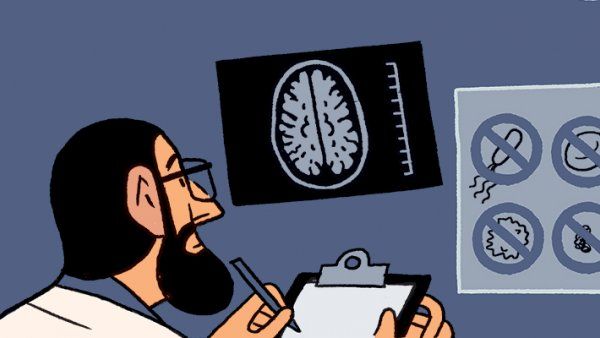
-
The Orchid and the Dandelion
Is your child hardy and resilient or more sensitive and fragile? UCSF pediatrician Thomas Boyce, MD, has spent nearly 40 years studying the human stress response, especially in children. In this new book, he explores how most kids tend to be like dandelions, able to cope with stress and adversity, but a minority are like orchids, extremely sensitive to their environments. Boyce shares how – given supportive, nurturing conditions – orchid children can thrive.
-
Masters of Poison
Every day, California’s Poison Hotline responds to over 700 calls from those needing to know whether a substance is toxic. Whether it’s hand sanitizer, glow sticks, pills, or worse, UCSF operators are on hand to help determine if it’s an actual medical emergency.
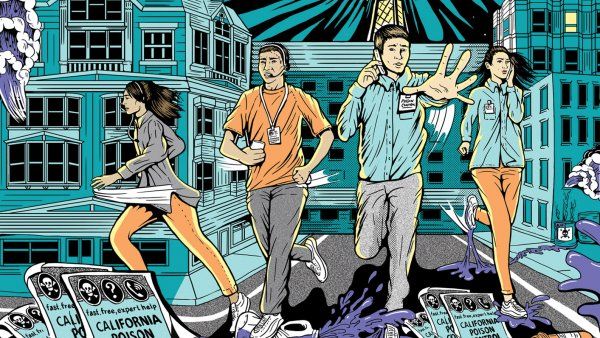
-
Dilan’s Superhero Journey to Healing
Clad in an exoskeleton that looks like mechanical armor, 12-year-old Dilan Horwitz could be mistaken for a superhero – an assessment that wouldn’t be entirely wrong.
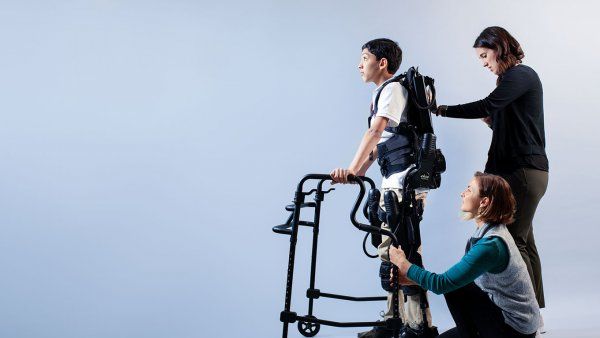
-
Mental Health on the Margins
Richard Feng, MD, shares a window into his world as a community psychiatrist in San Francisco.
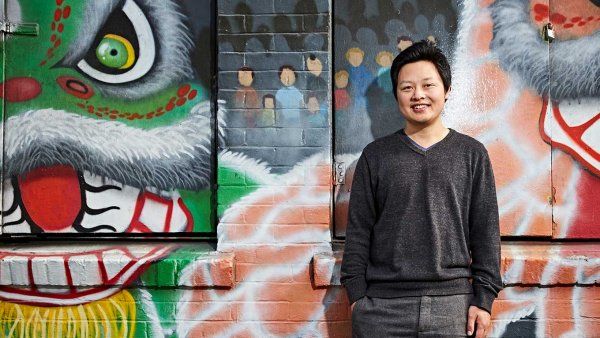
-
Haircuts Plus Health Care
UCSF doctors are training barbers in Oakland and San Francisco to aid in the fight against heart disease, especially among African American men.
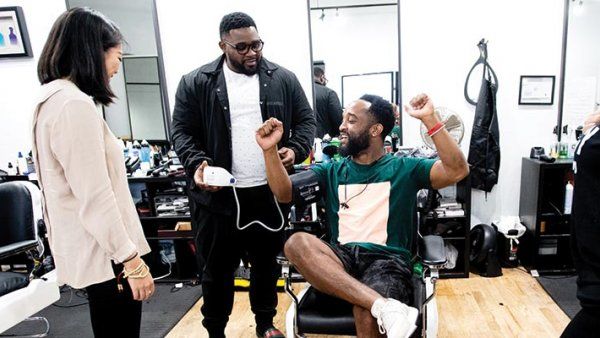
-
How Do We Achieve Excellence?
Master diagnostician Gurpreet Dhaliwal, MD, shares some tips for achieving excellence in medicine – or beyond.
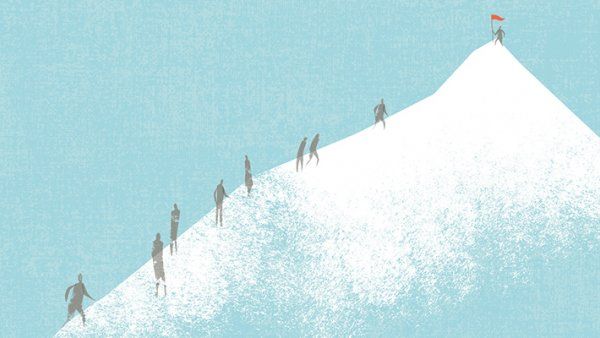
-
California wipes out $58.6 million in physician student debt - and helps poor patients get access to doctors
-
Palliative Care: It’s About Living, Not Dying
An international expert shares how palliative care can improve the quality of life for people with serious illnesses.
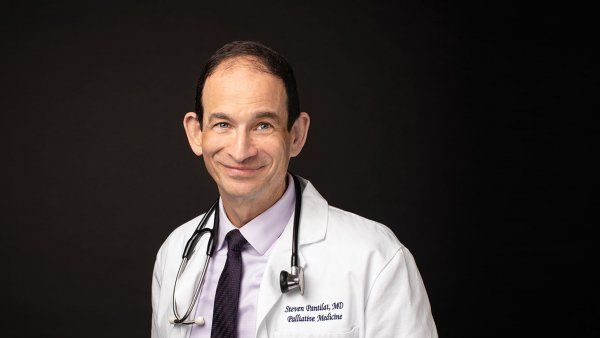
-
Scientists Discover Autoimmune Disease Associated with Testicular Cancer
Using advanced technology, scientists have discovered an autoimmune disease that appears to affect men with testicular cancer.
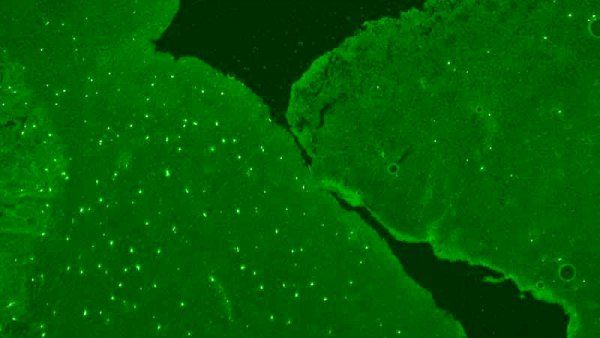
-
WIC Changes Improve Moms' and Babies' Health
-
Data from health apps offers opportunities and obstacles to researchers
-
Bay Area graduate student Sheantel Reihl who received $90,000 award shares her immigrant story
-
Offspring of Pregnant Women Exposed to High Level of Pollutants May Have Lower IQs
A new study has found that pregnant women exposed to higher levels of air pollutants had children with lower IQs.
